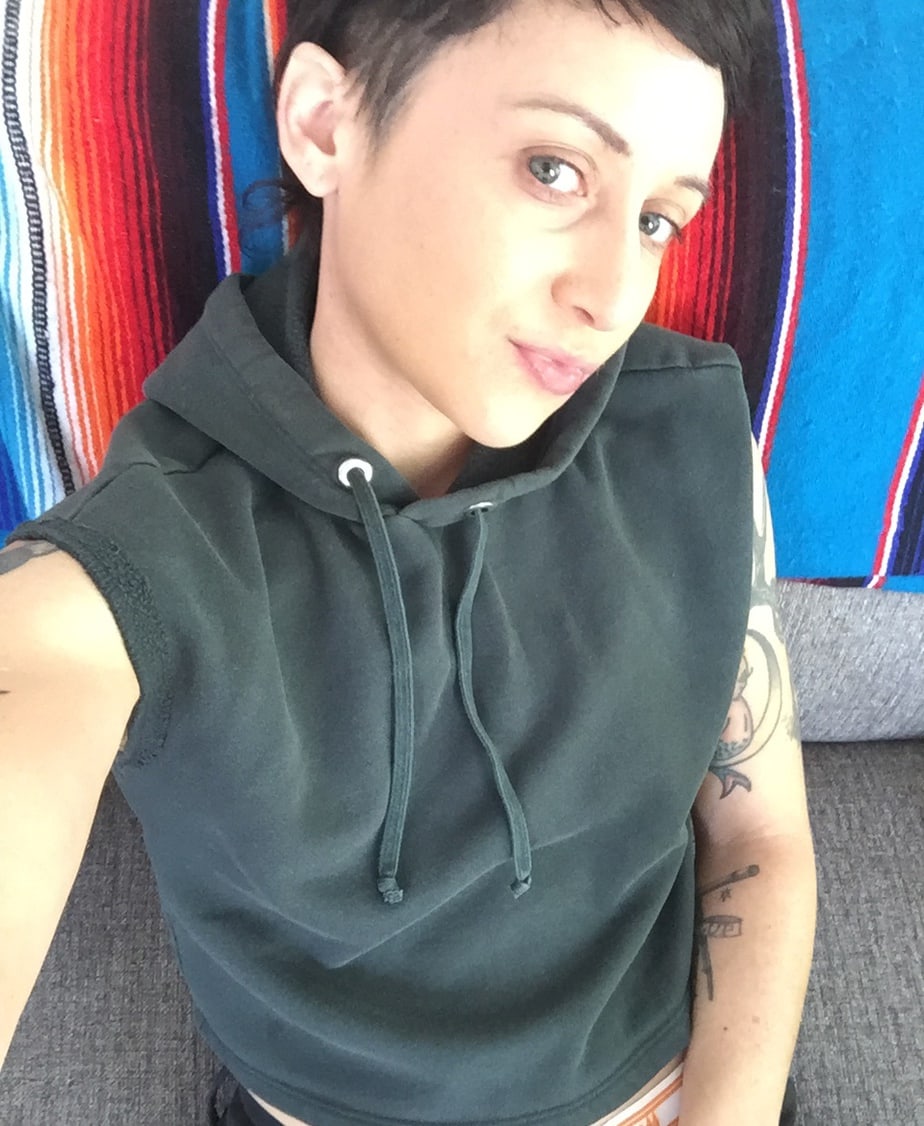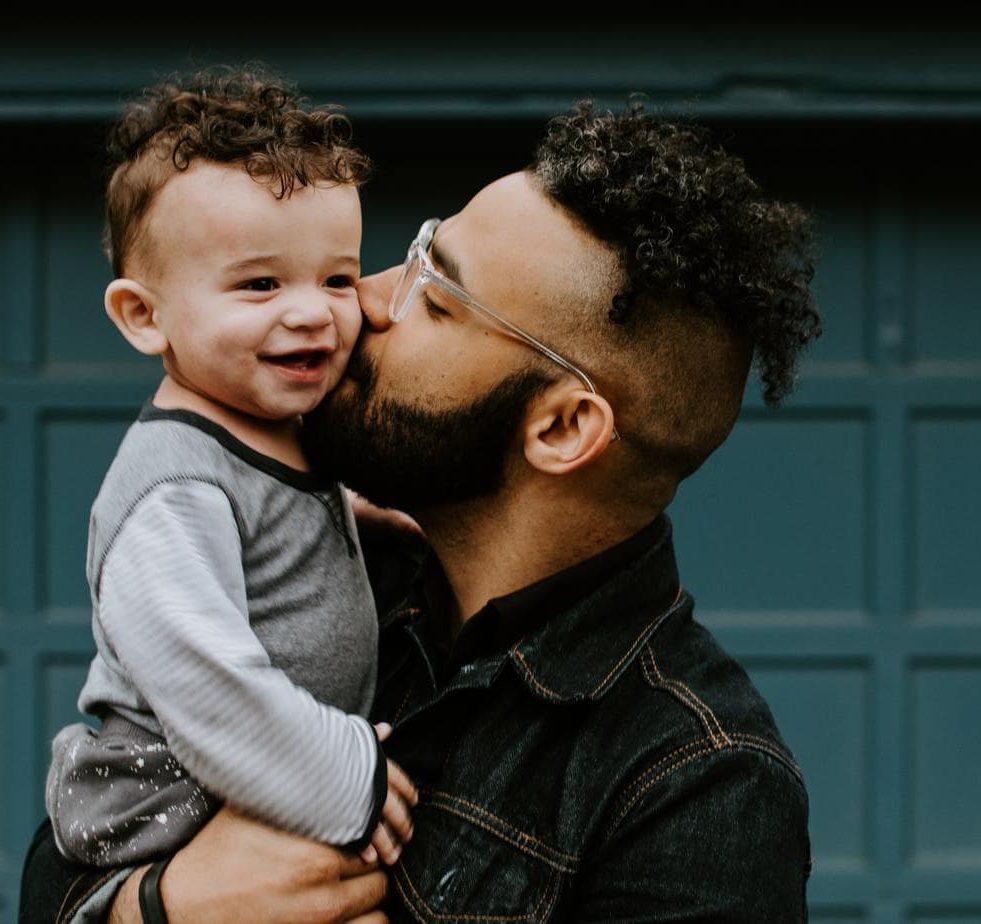Terms in bold have been defined according to the author and can be found in a glossary at the end of the article.
Parenting while poly-dating is a nuanced topic and there isn’t a one-size-fits-all policy, but as a parent and polyamorous individual, I can give you a few tips. Although my experience largely comes from being a solo-poly parent, I do know some things about polyamorous co-parenting. I would strongly advise against jumping into the “let’s just see other people” boat before exploring what needs are not being met. Don’t use polyamory as a bandaid or a way to avoid conflict. We owe it to ourselves and to our partners to do the work of accountability and good communication. Be in a good place with your partner before you add more partners.
That being said, let’s dive into some Dos and Don’ts regarding non-monogamous dating and parenthood.
Dos and Don’ts of Polyamory and Parenthood
Do: Be honest with your child.
Your own kid probably knows you better than anyone, so be honest about what you’re doing from the get-go. Be transparent For example, I believe that conveying “I’m going on a date with ___. I’ll be back tonight,” is preferable to, “I’m going out. I’ll be back tonight.” If your kid doesn’t know what a date is, well, that’s a perfect place to start the conversation. As you go on dates with more people, you may explain what monogamy is and why you’re not interested in it. There may be many different reasons we feel that way. Your kid probably loves you and cares about you and any stigma you might receive as a nontraditional parent will be less emotionally distressing to your kiddo if they are fully informed on your decisions and see you living your life confidently, not in the shadows.
Don’t: Post pictures of you posing with your child on dating apps.
Just…no. It’s not safe for your kiddos. Predators routinely use dating sites to get close to children. I know this because I’ve seen it happen.
Do: Be very deliberate about who you let into your child’s life.
When I say “let into” I mean consistently visit with, spend weekends and holidays with et cetera. Because breakups do happen. Yes, kiddos are resilient and can deal with all kinds of people leaving their lives; grandparents die, friends move away, but saying you just don’t like someone anymore and so that’s why they’re not around is a different issue.
Decide what it is you will teach your child about how relationships work. I want to teach my child that relationships transmute. I want to teach them that relationships don’t need to end because one partner’s needs change and/or cannot be met. I let them know polyamory is a great template for living your life in general: be careful and deliberate in your relationships, take care of the people in your life, don’t discard them when seas become rough, or, if you do have a fair-weather relationship, at least make it so you’re both in agreement on that (and you don’t let those people into your kid’s life).
Poly life takes a lot of negotiation. You’ll probably be talking a lot. Which brings me to language.
Do: Have your vocabulary figured out before you start discussing polyamory.
The first thing people usually ask me regarding parenthood and polyamory is this: “How do I talk to my kid about it?” Depending on the age of your child, you can explain in detail the difference between polyamory and monogamy, or you may begin the discussion with a simple metaphor about relationships. Personally, I love metaphors.
“Relationships can be like ice cream. You may be a single scoop self-partnered person, you may be part of a double scoop like many couples, part of a triple-scoop thruple, or my personal favourite: ice cream sundae. Of course, the more ice cream you have, the more potential for messes and spills, but also, more ice cream is also more ice cream, right? And therefore more possibilities for joyful combinations of experiences with more people.”
Once I caught myself referring to one of my dates as my, “special friend” to my six-year-old child. The phrase sounded so cringe-y, I immediately regretted saying it. This happened because that’s how I was taught to categorise relationships: 1) *just* friends and, 2) *more than* friends. I don’t like that. Labelling someone as “just a friend” really devalues the concept of friendship, don’t you think?
Many of us engage in a compulsory hierarchy without question. We spend more money, time, and effort on our sexual and romantic partners than our “friends.” I don’t accept that. Especially because, just speaking for me, sexual attraction is pretty much to everyone, and true friends are hard to come by. It simply wouldn’t work for me to prioritize people I’m fucking versus people I am not. So now I don’t say “special friend” (all my friends are special!) I say, “partner” for someone I’m dating/negotiating any kind of physical or emotional intimacy. If I’m speaking to an adult, I may add a modifier such as, “sexual partner” or “platonic partner” to specify whether we are romantic, sexual, parental or business partners. Without any help at all from me, my six-year-old has already learned about boyfriends, girlfriends and weddings (he said he’s having a wedding with Spiderman today, by the way), so keep in mind that while you’re making your own lexicon of terms, your kiddo is also influenced by other people in their world. So get ready for lots and lots of conversations.
Partnerships can look many ways, but the important thing is whether the people in the partnership are in agreement with each other on the dynamics of the relationship. You can have different names for different types of relationships in your life, and the language you use to describe them can evolve as the relationships shift and change over time. This is all new territory, which can be daunting and exciting at the same time, I understand. Allow yourself the time to figure it out, and don’t feel that you need to have all the answers all the time. Which leads me to my next point…
Don’t: Forget it’s okay to change your mind about any of this.
It’s not forever. You can be poly one day and not the next. People are allowed to change their minds. Don’t let newness or the fact that things might change keep you from sharing really important parts of your life and yourself with your kid.
Do: Take into consideration how your kiddo feels about new partners.
Your child can be a good barometer for partner compatibility because they in all likelihood know you very well. Instead of asking your child what they think of a new partner, ask them, “What do you think of me when I’m around [new partner]?” This takes the pressure off your kiddo to agree with you and instead to take in the effect of another partner on you and your family dynamic.
Don’t: Give your kid veto-power on who you date.
While you do want to consider how they feel and give them space to voice their concerns, you are ultimately the one who decides who is in your life. This also goes for breakups; you might decide you don’t want to see someone who your kiddo really wants to see again. You have to hold space for your child’s emotions while also letting them know your life is yours.
Do: Determine your own path.
Every child is different and every parent is different. I know it can be a scary uncharted space, but nothing is the gospel truth here. That includes the stuff I’m writing. Always feel into what is right for you and test it out. This takes a lot of soul-searching and reflective thinking.
Poly-parenthood is not for the emotionally squeamish. Do be the type of person who is confident they know what’s best for themselves and their family. Do be the type of person who is okay with taking risks and getting messy.
Because ice cream is really good.
The author defines the following terms as…
consensual non-monogamy: a catch-all term meaning having multiple sexual and/or romantic relationships
monogamy: having only one partner at a time
polyamory: a subset of consensual non-monogamy with the emphasis on forming multiple emotionally connected relationships
polyamorous co-parenting: when two caregivers engage in the poly lifestyle while parenting a child/children together
self-partnered: someone who does not seek fulfilment from a partner, focusing on themselves first; this does not mean they don’t date or won’t want to be part of a partnership someday
solo-poly: having multiple partners while maintaining an independent lifestyle; may or may not be co-parenting simultaneously
thruple: a three-way relationship

Lorde (he/they) is a nonbinary trans sex worker, poly-player and parent. Their special interests include Deaf/HoH, neurodivergent and queer accessibility and visibility in the adult industry. When he is not parenting or pro-Domming, you can find Lorde at his writing desk working on his column DomMom Diaries or writing poetry about their beloved home on Tongva/Chumash land in Los Angeles, California.

